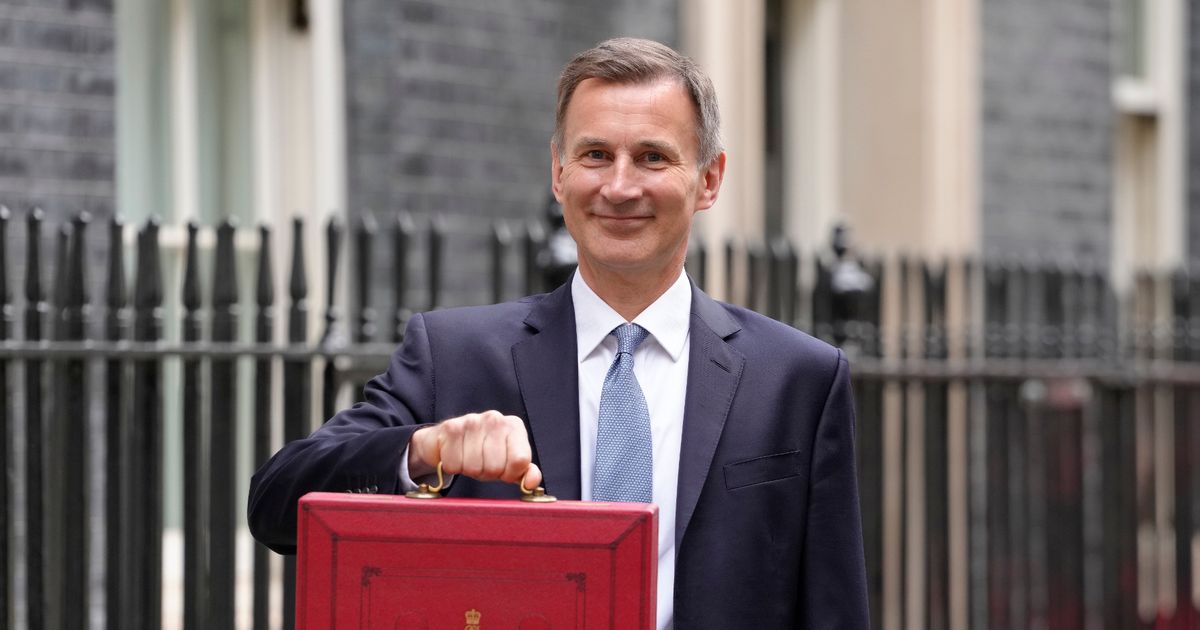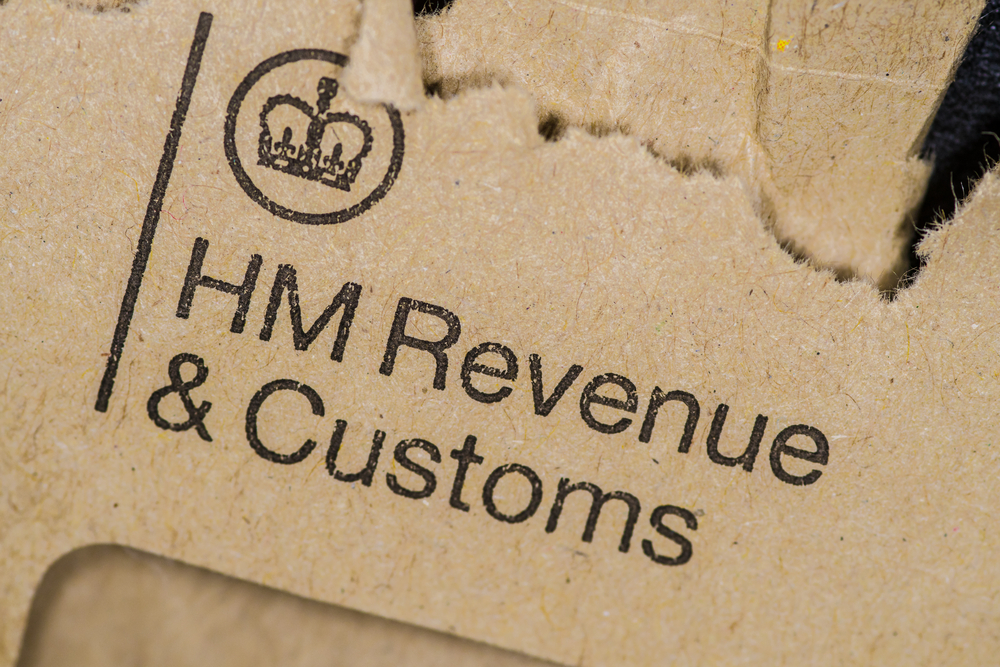This lunchtime, the Chancellor Jeremy Hunt unveiled the latest details of his first budget in the House of Commons.
There was a main focus on bringing more people back into work, and boosting investment and allowances for businesses.
Below is a summary of the main announcements.
Tax and Salary
The cap on pension allowances for individuals (currently £1.07m) is to be abolished. This means that there will be no additional tax on pension savings
The tax-free allowance for pension pots will increase from £40k to £60k (this has been frozen for around 9 years)
Fuel duty (petrol/diesel) will be frozen. The 5p reduction which was due to end in April has been retained for a further year
Alcohol taxes will increase in line with inflation from August, however Beer, Cider and Wine sold in pubs will attract rate relief
Tax on tobacco will increase by 2% above inflation. Hand-rolling tobacco will increase by 6% above inflation
Energy costs
The Energy Price Guarantee will continue for a further 3 months through to the end of June 2023. This limits ‘typical’ household bills to £2,500 per year.
Prepayment meters will be brought in line with prices for customers who pay by Direct Debit
Investment of £20bn in low-carbon energy projects (over the next 20 years)
Nuclear energy will be recategorised as ‘environmentally sustainable’ for investment purposes, with more public funding to follow
A fund of £63m will go to leisure centres to help with rising Swimming Pool heating costs
Jobs and employment
30 hours of free childcare for working parents in England will cover one and two year olds – rolling out from April 2024
Universal Credit claimants will receive support up front with the £646 child cap raised to £951 per month
£600 ‘incentive payments’ for people to become childminders. Rules will be relaxed to allow childminders to look after more children
New fitness-to-work testing programme to qualify for health related benefits
New voluntary employment scheme for disabled people in England and Wales
Tough new requirements to look for work and increased job support for those on Universal Credit
Programme of work to encourage over 50s back into work through ‘returnerships’
Immigration rules for five roles within the construction sector will be relaxed to ease labour shortages
Economy
UK will avoid recession in 2023 according to the Office for Budget Responsibility, but the economy will shrink by 0.2%
Growth of 1.8% predicted for next year. 2.5% in 2025 and 2.1% in 2026
Inflation rate predicted to fall to 2.9% by the end of the year
Underlying debt to increase to 92.4% of GDP, and 93.7% next year
Business
Corporation tax rate on profits over £250,000 to increase from 19% to 25%
Between £50,000 and £250,000, a rate of between 19% and 25% will apply
New machinery and technology purchases can be deducted from business profits to lower tax liabilities
Reduced paperwork for international traders, and longer periods to submit customs forms to HMRC




